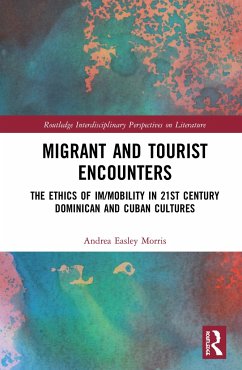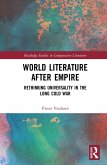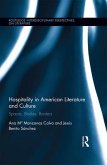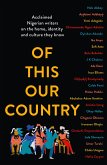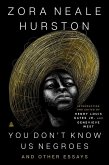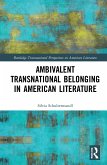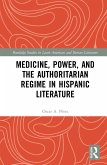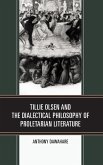Migrant and Tourist Encounters: The Ethics of Im/mobility in 21st Century Dominican and Cuban Cultures analyzes the effects of clashing flows of voluntary and involuntary travelers to and from these countries due to an increase in migration and tourism during the last three decades. I compare the ways in which literary works and films reflect on and critique the power relations and ethics of im/mobility and encounter, both on the islands and in destinations abroad. The works draw attention to the interconnectedness of migration, tourism, and other forms of travel as well as immobility, and portray growing local and global inequalities through characters' disparate access to free, voluntary movement. I consider how the works respond to the question of the moral potential of encounters produced by im/mobilities and the possibility of connection across differences. I argue that Dominican and Cuban artists not only critique neo-colonial paradigms of power and im/mobility, but envision and enact strategies for belonging and, in some cases, suggest a path toward de-colonial cosmopolitanism.
Hinweis: Dieser Artikel kann nur an eine deutsche Lieferadresse ausgeliefert werden.
Hinweis: Dieser Artikel kann nur an eine deutsche Lieferadresse ausgeliefert werden.

